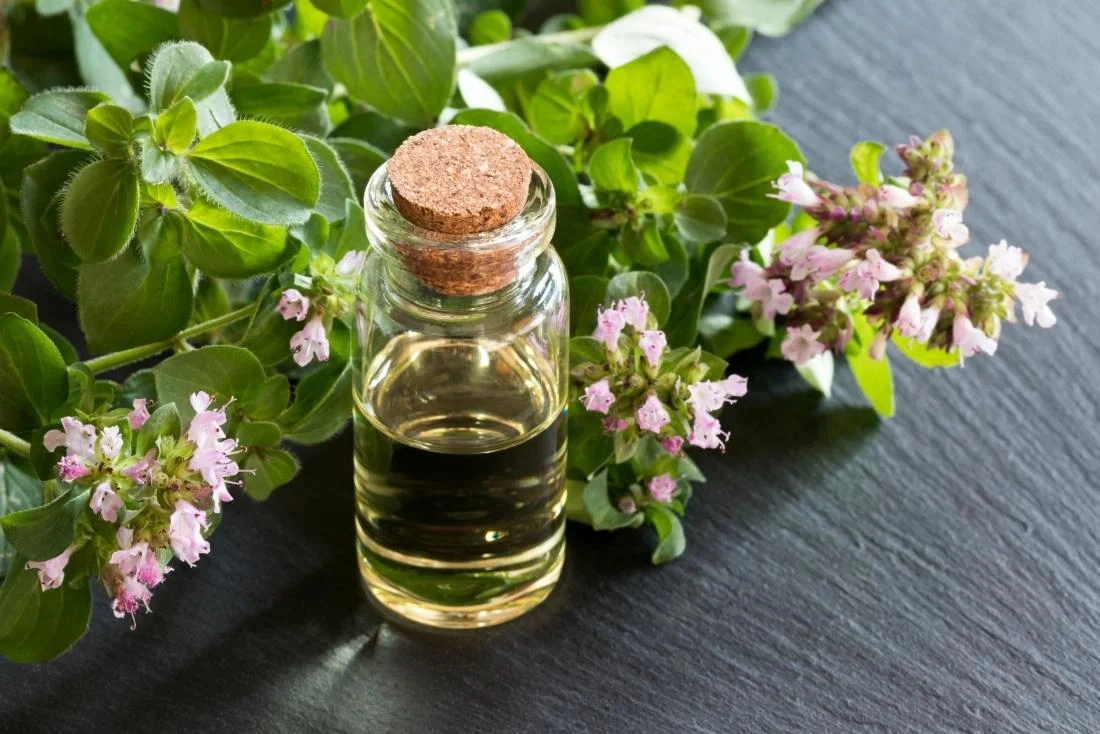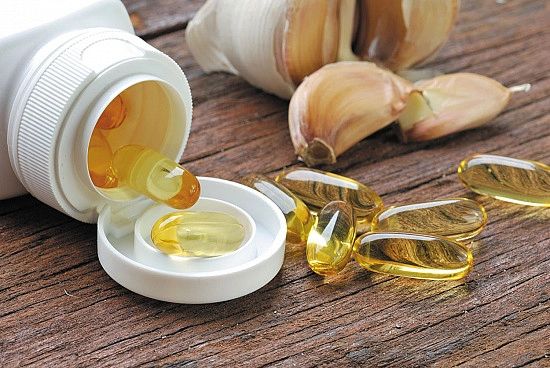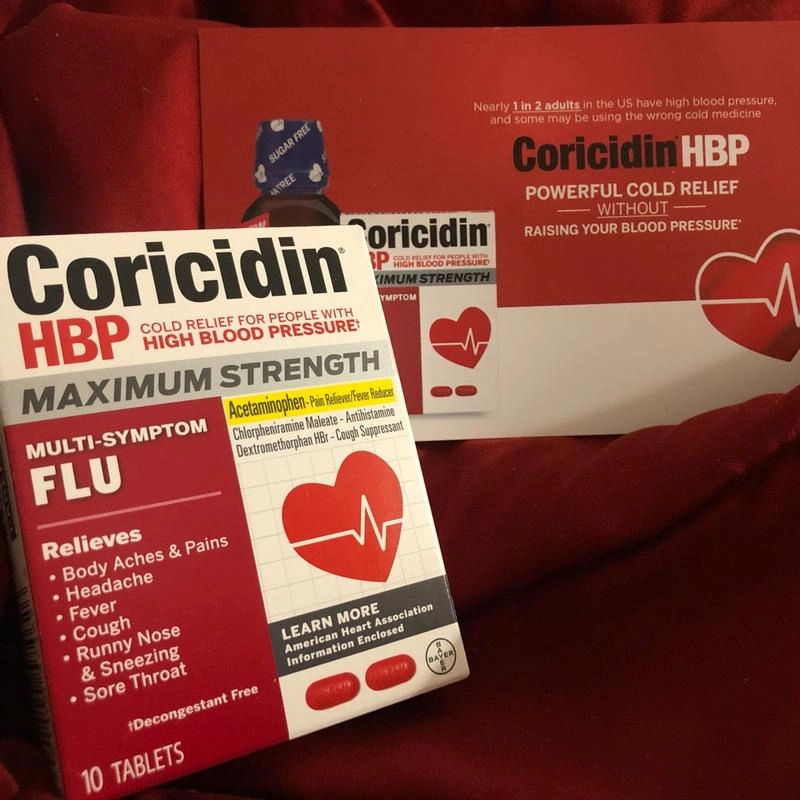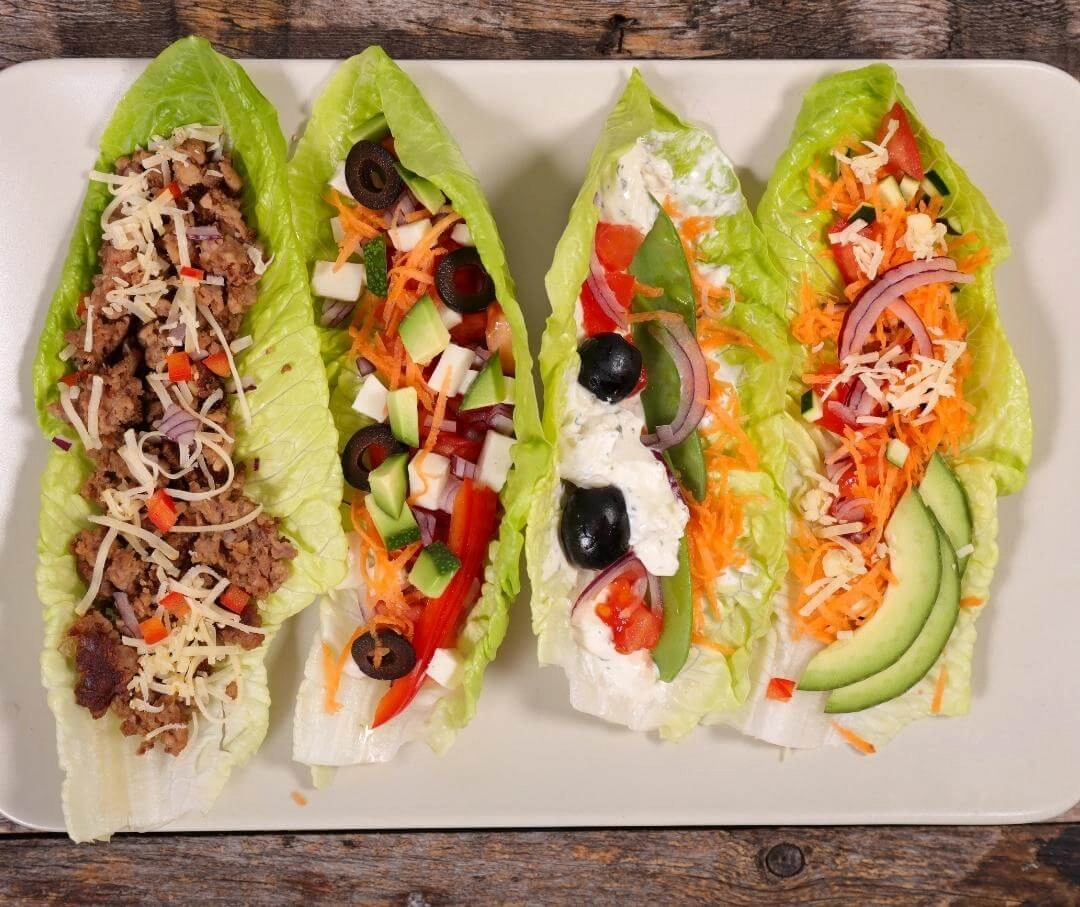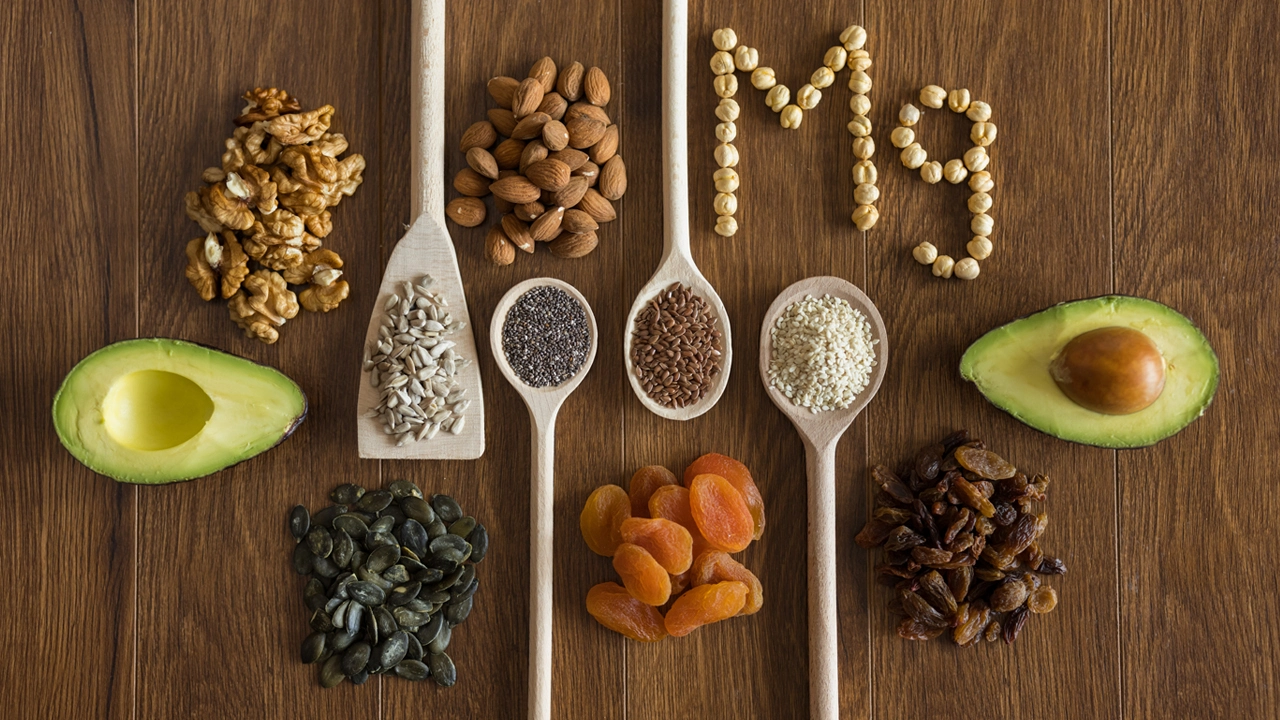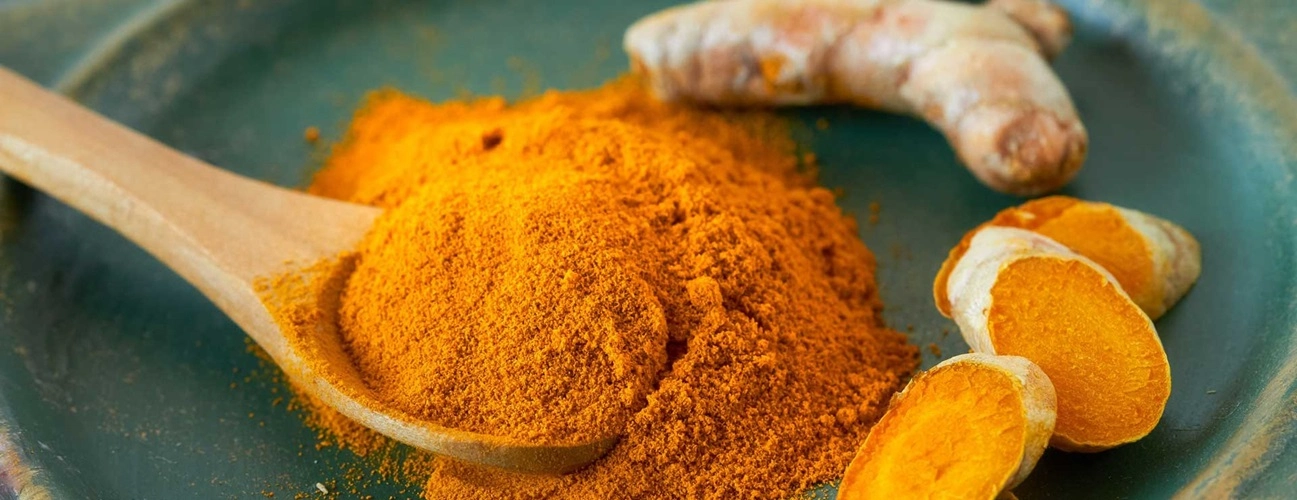Nutrition for Healthy Liver: An important factor in preserving liver health is diet. Compounds found in many foods have been demonstrated to help protect against fat accumulation, enhance liver enzymes, and reduce oxidative stress and inflammation.
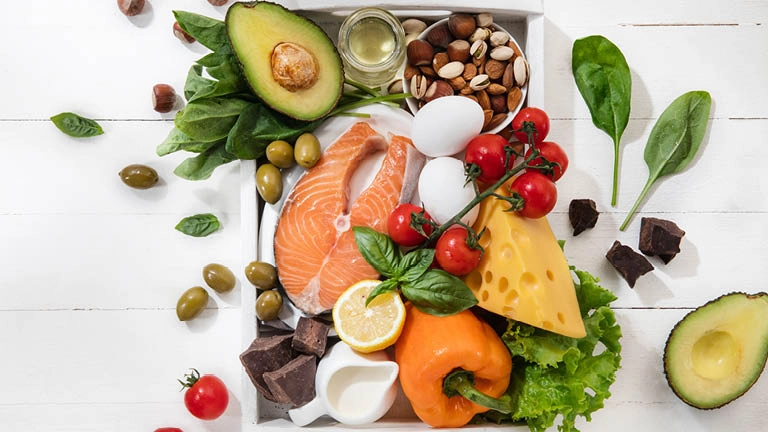
From making proteins, cholesterol, and bile to storing vitamins, minerals, and even carbs, the liver is in charge of many bodily functions.
Additionally, it eliminates pollutants such as alcohol, drugs, and organic waste products from metabolism. Maintaining your health requires keeping your liver in good condition. Eleven of the greatest foods to eat to support liver function are listed in this article.
What Are the Best Foods to Eat for Your Liver?
1. Coffee
One of the healthiest drinks you can consume to support liver function is coffee. Coffee use has been demonstrated to prevent liver damage, even in people who already have liver-related health issues.
For instance, a 2016 assessment of the literature found that coffee consumption reduces the incidence of cirrhosis, or irreversible liver damage, in patients with chronic liver disease.
According to a 2016 research review, coffee use may also help lower the chance of getting a prevalent form of liver cancer. It also helps reduce inflammation and liver disorders.
The researchers discovered that among patients with chronic liver disease, it is even linked to a decreased risk of death.
Additionally, coffee raises glutathione levels, an antioxidant. The body naturally produces dangerous free radicals, which can destroy cells. Antioxidants counteract these free radicals.
2. Tea
Although tea is generally seen as healthy, research suggests that it may be especially good for the liver.
Green tea decreased liver enzyme levels in patients with nonalcoholic fatty liver disease (NAFLD), according to a 2020 analysis of 15 research.
Similar results were found in another study, which found that giving green tea extract supplements for 12 weeks significantly decreased the levels of the liver enzymes aspartate aminotransferase (AST) and alanine aminotransferase (ALT) in NAFLD patients.
Green tea drinkers also had a lower risk of liver cancer, according to a 2017 research. Those who drank four or more cups per day had the lowest risk.
However, before taking green tea as a supplement, certain people should take caution and consult a doctor, particularly if they have liver issues. Green tea extract-containing supplements have been linked to liver damage in a few cases.
3. Grapefruit
Antioxidants found in grapefruit naturally shield the liver. Naringenin and naringin are the two primary antioxidants in grapefruit. Grapefruit is known to have two protective effects: it lowers inflammation and shields cells.
Studies have also demonstrated that these antioxidants can aid in preventing the onset of hepatic fibrosis, per a 2023 analysis. Excess connective tissue accumulates in the liver in hepatic fibrosis, a dangerous disorder. Usually, persistent inflammation causes this.
There has been no research on the effects of grapefruit or grapefruit juice per se, as opposed to its constituent parts. Furthermore, according to the 2023 review, practically all research examining the antioxidants in grapefruit has been carried out on animals.
Nevertheless, the current evidence suggests that grapefruit may benefit liver health by helping control damage and inflammation.
4. Blueberries and cranberries
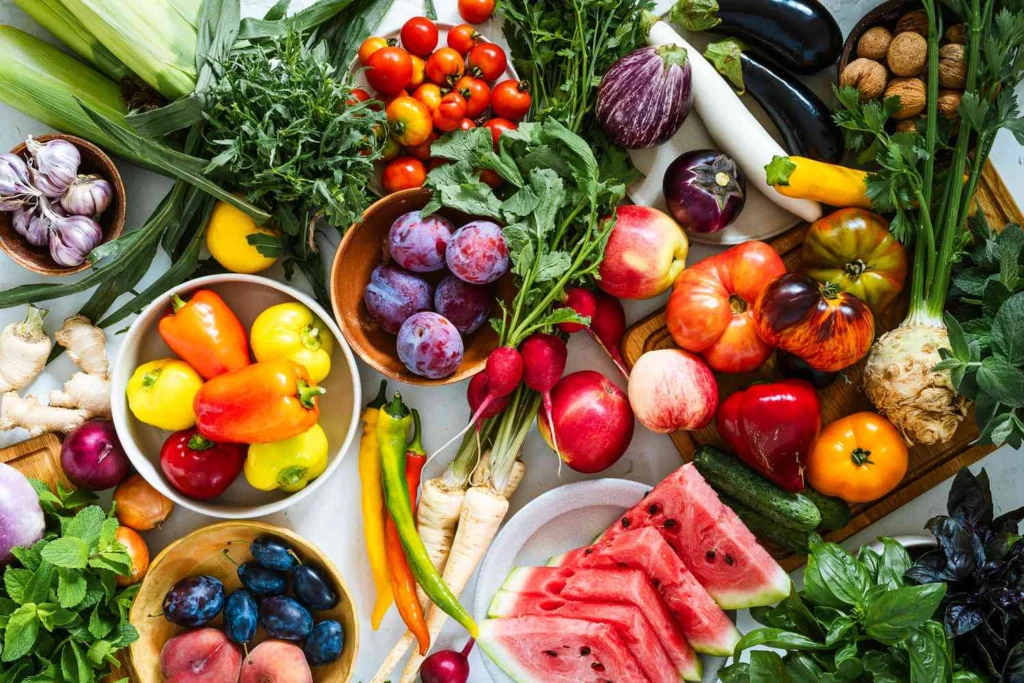
Antioxidants called anthocyanins, which give berries their unique colors, are found in blueberries and cranberries. Numerous health advantages have also been connected to them.
According to one study from 2021, individuals with NAFLD who took cranberry supplements for six months saw an improvement in their fatty liver, called hepatic steatosis.
Furthermore, investigations conducted in test tubes have demonstrated that blueberry extract inhibits the growth of human liver cancer cells. However, further research is required to ascertain whether this impact is reproducible in humans.
Including these berries on a daily basis can help ensure that your liver gets the antioxidants it needs to be healthy.
5. Grapes
Numerous healthy plant chemicals found in grapes, particularly red and purple grapes, may improve liver function. Although it’s unknown if the findings of animal research translate to humans, a 2020 study in rats indicates that grapes and grape juice may offer a number of health benefits.
Benefits could include boosting antioxidant levels, reducing inflammation, and avoiding cell damage. However, according to a 2022 study, consuming grape products may not help to improve liver function and has no discernible impact on liver enzymes.
6. Prickly pear
One common variety of edible cactus is the prickly pear (Opuntia ficus-indica). The fruit and its juice are frequently consumed by humans. The following ailments have long been treated with it in traditional medicine: liver illness, digestive problems, exhaustion, and wounds.
According to a 2016 study, this plant’s extract may help control hangover symptoms. Because prickly pears have anti-inflammatory and antioxidant qualities, they may also shield the liver from alcohol poisoning.
Particularly when using prickly pear fruit and juice instead of extract, further human research is required. However, research to date has shown that prickly pears have a beneficial effect on the liver.
7. Beetroot juice
Beetroot juice contains betalains, which are antioxidants and nitrates. According to research on animals, beet juice may lessen liver inflammation and oxidative damage.
Nevertheless, additional research is required to validate the positive effects of beetroot juice on human liver health, even though animal studies appear encouraging.
8. Cruciferous vegetables
Cruciferous veggies are renowned for their unique flavor and high fiber content. They also include a lot of healthy plant components. Broccoli, Brussels sprouts, cabbage, kale, cauliflower, and sprouts are cruciferous vegetables.
According to studies, some of the components included in cruciferous vegetables change the detoxification process and offer protection from dangerous substances.
Mice fed broccoli in a 2016 study showed a lower incidence of malignancies and fatty liver disease compared to the mice in the control group. Despite the paucity of human research, cruciferous vegetables appear to be a good meal for liver health.
9. Nuts
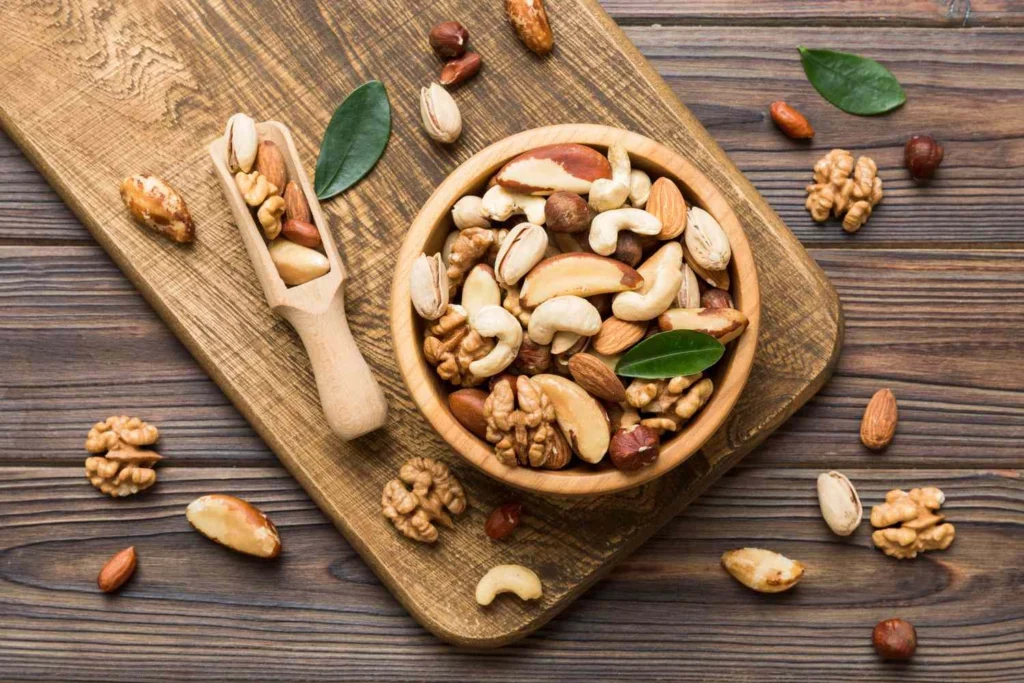
Nuts are abundant in a number of important nutrients, such as vitamin E, antioxidants, healthy fats, and advantageous plant components. Numerous health advantages can be attributed to these substances. According to a 2019 study, eating more nuts in your diet is linked to a lower risk of NAFLD.
Although further high-quality research is required, initial evidence suggests that nuts are a significant food group for liver health.
10. Fatty fish
Omega-3 fatty acids, which are good fats that help lower inflammation and have been linked to a lower risk of heart disease, are found in fatty fish. According to a 2016 investigation, omega-3 fatty acids assisted people with nonalcoholic steatohepatitis or NAFLD in reducing their triglycerides and liver fat.
Although eating fatty fish high in omega-3 fats seems to help your liver, there are other factors to take into account when increasing your intake of omega-3 fats. Another crucial factor is the proportion of omega-3 to omega-6 lipids.
Omega-6 fats, which are included in butter and a variety of plant oils, are consumed in excess by most people. An excessively high ratio of omega-6 to omega-3 can encourage the onset of liver disease.
11. Olive oil
Due to its numerous health advantages, which include favorable effects on the heart and metabolic health, olive oil is regarded as a healthy fat. It benefits the liver as well. A 2018 study found that older persons who eat a Mediterranean diet high in olive oil may have a lower chance of developing fatty liver.
Similar effects of olive oil consumption in humans, such as reduced liver fat buildup and elevated blood levels of liver enzymes, have been reported in a number of additional investigations.
The initial stage of liver disease includes the buildup of fat in the liver. Olive oil is, therefore, a vital component of a balanced diet due to its beneficial effects on liver fat and other health-related factors.
What Makes Food Good for Your Liver?
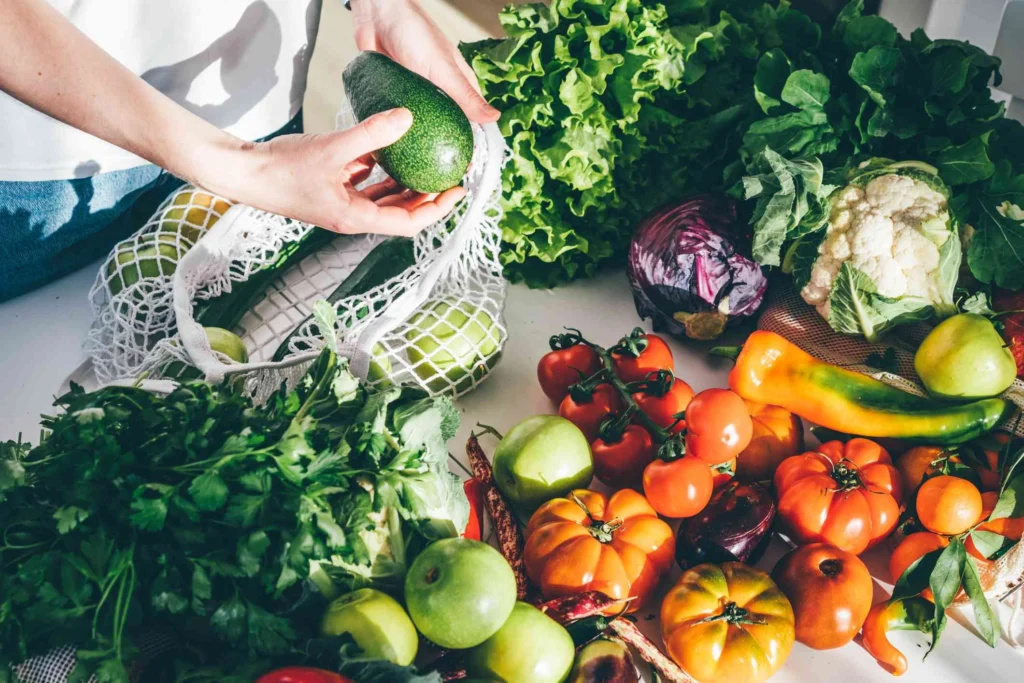
A straightforward yet efficient method to enhance liver health is to increase your intake of foods high in nutrients. This is due to the fact that many meals include substances like antioxidants, which can improve liver function by lowering oxidative stress, avoiding cell damage, and reducing inflammation.
Additionally, some foods are abundant in fiber, which can support optimal liver function and aid in weight management.
Additionally, other meals might offer nutrients like protein or healthy fats that could help prevent or treat diabetes and other illnesses linked to liver disease.
How To Keep Your Liver Healthy?
In addition to making changes to your daily diet, you can take several other to keep your liver healthy. A few instances include:
- Achieve and sustain a moderate weight: Obesity and excess weight raise the risk of NAFLD. It might be possible to support liver function by keeping a moderate weight.
- Remain active: Regular exercise can help minimize liver fat and triglycerides.
- Drink alcohol in moderation since excessive alcohol use might harm and impair liver function.
- Maintain proper hygiene: Hepatitis and other diseases that might harm the liver can be avoided by washing your hands after using the restroom and before eating or cooking.
- Employ barrier techniques: The risk of contracting hepatitis B or hepatitis C might be raised by engaging in sexual activity without a condom or other protective gear.
Summary
You should take every precaution to protect your liver because it is a vital organ that performs several vital tasks. The liver has been shown to benefit from the 11 foods mentioned above.
These advantages include increased levels of detoxifying enzymes and antioxidants, protection from dangerous pollutants, and a decreased risk of cancer and liver disease. You can maintain optimal liver function naturally and healthily by including these foods in your diet.

